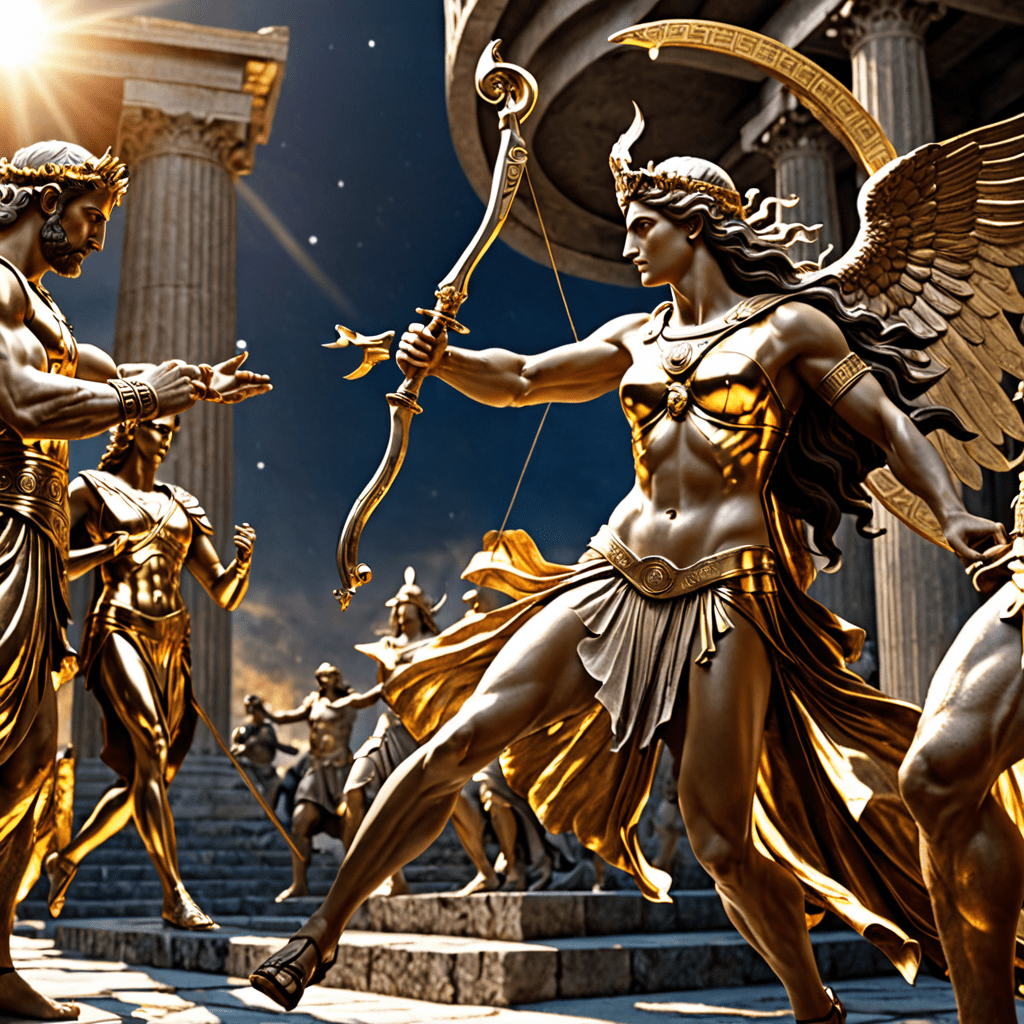The Representation of Fate in Greek Mythology
In Greek mythology, the concept of fate, often represented by the three sister goddesses known as the Moirai or the Fates, played a pivotal role in defining the lives of both gods and mortals. Let’s delve into the intriguing representation of fate in Greek mythology.
The Role of the Moirai in Greek Mythology
The Moirai were three sisters who controlled the threads of life for every being in the universe. Clotho spun the thread of life, Lachesis decided the length of one’s life, and Atropos cut the thread, determining the moment of death. Their power was absolute and even the gods could not escape fate.
Fate vs. Free Will in Greek Mythology
While the Fates held immense power over the lives of individuals, the concept of free will also played a significant role in Greek mythology. Heroes often attempted to defy their predetermined destinies, leading to tragic consequences. The tension between fate and free will added depth to the narratives of Greek myths.
Examples of Fate in Greek Mythology
Numerous myths in ancient Greek literature showcase the influence of fate. One notable example is the prophecy surrounding Oedipus, who unknowingly fulfilled a prophecy by killing his father and marrying his mother. Despite attempts to alter his fate, Oedipus ultimately faced the tragic consequences of his actions.
Conclusion
In conclusion, the representation of fate in Greek mythology serves as a potent reminder of the inevitable power of destiny. Whether through the intricate workings of the Moirai or the struggle between fate and free will, this thematic element adds richness and complexity to the timeless stories of Greek mythological lore.
FAQ about The Representation of Fate in Greek Mythology
What role did the concept of fate play in Greek mythology?
In Greek mythology, fate was often portrayed as an inevitable force that predetermined the lives of gods and mortals. The three Fates, known as Clotho, Lachesis, and Atropos, were believed to control the thread of life from birth to death.
How did the Greeks view the idea of fate versus free will?
While the Greeks believed in the power of fate, they also acknowledged the importance of free will. Individuals were thought to have the ability to make choices that could alter their destinies, yet fate ultimately remained a significant and unchanging force in Greek mythology.
Which myths best illustrate the concept of fate in Greek mythology?
Myths such as the story of Oedipus Rex and the Trojan War, where prophecies and predictions foretold tragic outcomes, exemplify the pervasive influence of fate in Greek mythology. These tales underscored the inevitability of certain events despite efforts to change or avoid them.
How did the belief in fate shape Greek society and culture?
The belief in fate influenced various aspects of Greek life, including religion, philosophy, and literature. It provided a framework for understanding the unpredictability of life and the limits of human control, fostering a sense of humility and acceptance of one’s





